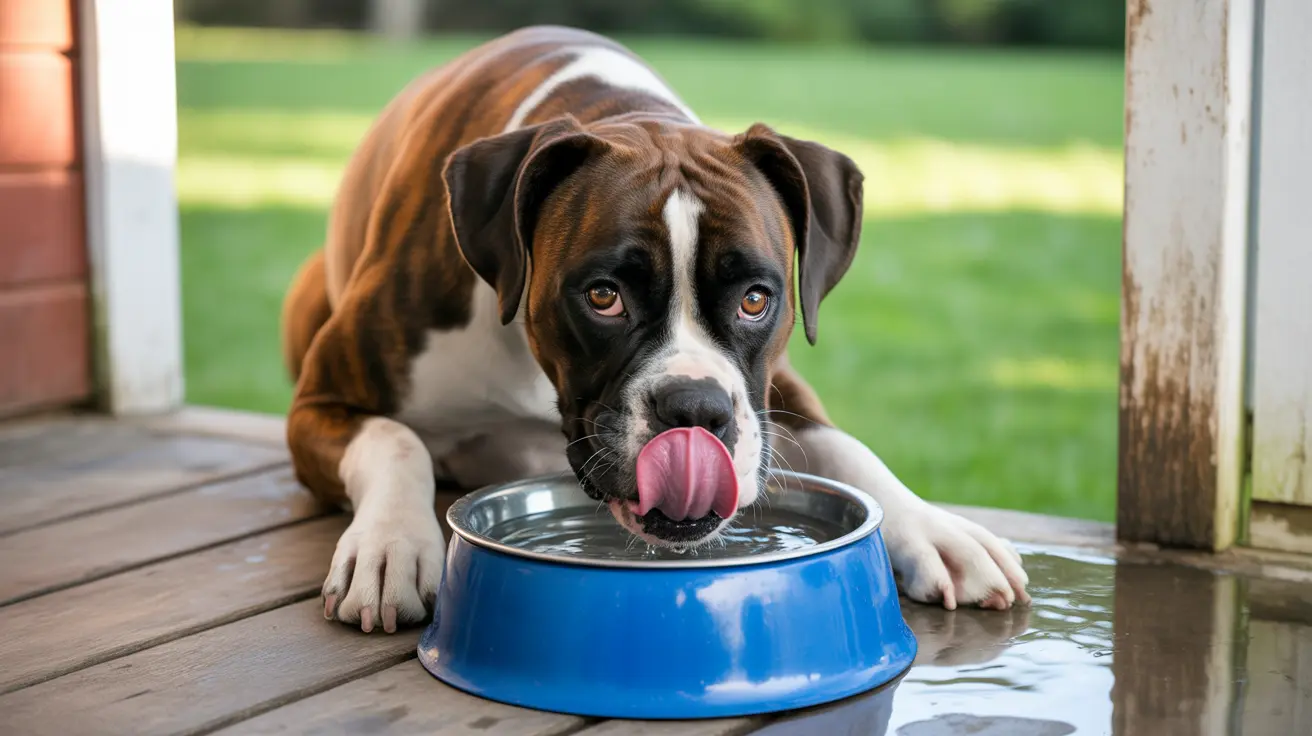Managing bladder stones in dogs requires a careful approach to diet and nutrition. As a pet parent, understanding the right dog food for bladder stones can make a significant difference in your pet's health and comfort. This comprehensive guide will help you navigate dietary choices based on the specific type of bladder stones affecting your dog.
With proper dietary management, many dogs with bladder stones can experience relief and prevention of future occurrences. Let's explore the most effective nutritional strategies for managing different types of canine bladder stones.
Understanding Different Types of Bladder Stones and Their Dietary Needs
Different types of bladder stones require different dietary approaches. The most common types include struvite, calcium oxalate, and urate stones, each requiring specific nutritional considerations.
Struvite Stones: Dietary Management
Struvite stones are often associated with urinary tract infections and respond well to dietary modification. Prescription diets specifically formulated for struvite stones work by:
- Reducing magnesium and phosphorus levels
- Creating an acidic urine environment
- Promoting increased water consumption
- Controlling mineral content
Calcium Oxalate Stones: Nutritional Approach
While these stones can't be dissolved through diet alone, proper nutrition plays a crucial role in preventing their formation. Key dietary considerations include:
- Maintaining appropriate calcium levels
- Limiting oxalate-rich ingredients
- Ensuring proper hydration
- Supporting healthy urine pH levels
Prescription Diets and Therapeutic Foods
Veterinary prescription diets are specifically formulated to address bladder stones. These specialized foods offer:
- Controlled mineral content
- Balanced protein levels
- Appropriate pH modification
- Enhanced digestibility
Natural Dietary Supplements and Additions
In addition to prescription diets, certain natural additions can support urinary health:
- Fresh, clean water always available
- Low-sodium bone broth for hydration
- Approved supplements for urinary health
- Natural protein sources when appropriate
Feeding Guidelines and Best Practices
Success in managing bladder stones requires proper feeding practices:
- Consistent feeding schedule
- Proper portion control
- Regular water intake monitoring
- Gradual dietary transitions
Frequently Asked Questions
What is the best type of dog food to help dissolve struvite bladder stones?
Prescription diets specifically formulated for struvite stones are most effective. These diets contain reduced levels of magnesium and phosphorus while promoting acidic urine pH. Popular options include Hill's Prescription Diet c/d and Purina Pro Plan Veterinary UR Urinary.
Can dietary changes prevent calcium oxalate bladder stones in dogs?
While dietary changes alone cannot dissolve calcium oxalate stones, proper nutrition can help prevent their formation. A balanced diet with controlled calcium levels, appropriate protein content, and increased moisture can reduce the risk of stone development.
How does increasing water intake help dogs with bladder stones?
Increased water intake dilutes urine concentration, making it harder for minerals to crystallize and form stones. It also promotes frequent urination, which helps flush the urinary system and prevent mineral accumulation.
Which foods should I avoid feeding my dog if they have struvite bladder stones?
Avoid foods that promote alkaline urine, such as vegetables like broccoli, Brussels sprouts, and sweet potatoes. Also limit foods high in magnesium and phosphorus, as these minerals contribute to struvite stone formation.
Are there prescription diets that effectively manage different types of bladder stones in dogs?
Yes, veterinary prescription diets are available for different types of bladder stones. These diets are formulated with specific mineral content, protein levels, and pH-modifying ingredients to address each type of stone effectively.
Conclusion
Managing bladder stones through diet requires a dedicated approach tailored to the specific type of stone affecting your dog. Always work closely with your veterinarian to determine the most appropriate dietary plan, and maintain consistent monitoring of your dog's urinary health.






